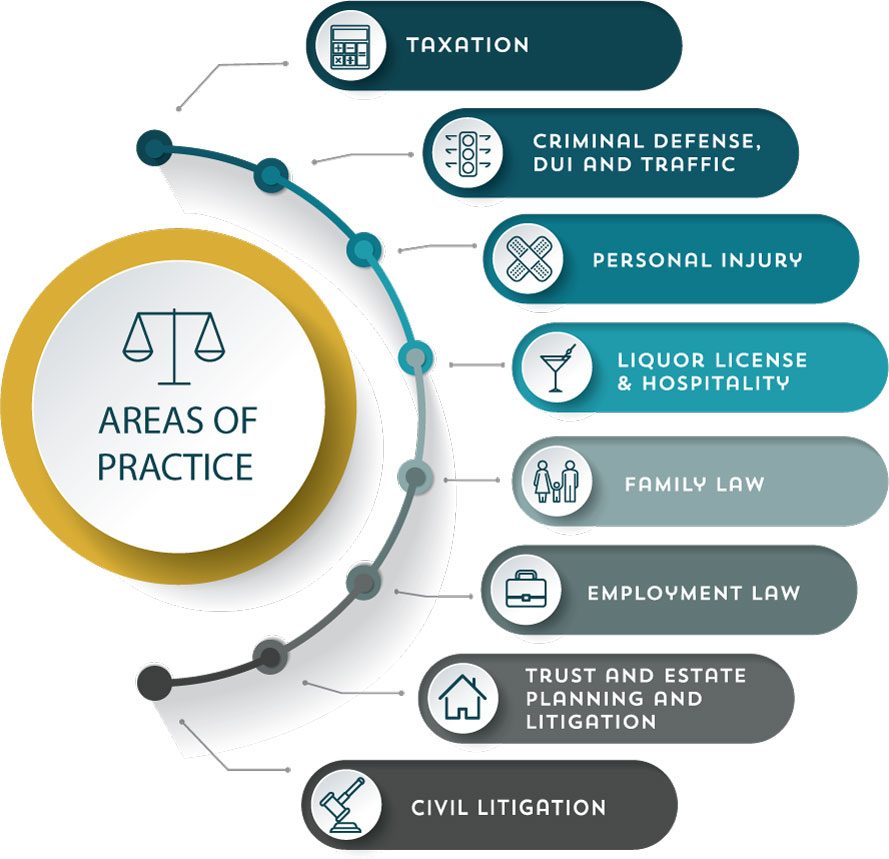Usual Misconceptions About Criminal Defense: Debunking Misconceptions
Usual Misconceptions About Criminal Defense: Debunking Misconceptions
Blog Article
Post By-Reid Kelleher
You've possibly listened to the misconception that if you're charged with a criminal activity, you have to be guilty, or that staying quiet means you're concealing something. These prevalent ideas not just misshape public assumption but can also influence the end results of lawful proceedings. It's critical to peel back the layers of mistaken belief to understand truth nature of criminal defense and the civil liberties it safeguards. What if drug charge lawyers recognized that these misconceptions could be taking apart the really foundations of justice? Join the discussion and explore exactly how unmasking these misconceptions is crucial for making certain justness in our lawful system.
Myth: All Accuseds Are Guilty
Often, people erroneously believe that if someone is charged with a crime, they should be guilty. You could think that the legal system is foolproof, but that's far from the fact. Fees can stem from misunderstandings, mistaken identities, or not enough evidence. It's critical to remember that in the eyes of the regulation, you're innocent till proven guilty.
This assumption of innocence is the bedrock of the criminal justice system. It guarantees that the burden of proof lies with the prosecution, not you. They should develop past a sensible question that you dedicated the crime. This high conventional safeguards individuals from wrongful convictions, guaranteeing that nobody is punished based upon assumptions or weak proof.
Additionally, being billed does not indicate the end of the roadway for you. You can defend yourself in court. This is where a knowledgeable defense attorney comes into play. They can test the prosecution's instance, existing counter-evidence, and supporter on your behalf.
just click the next website page of lawful proceedings usually calls for expert navigating to protect your rights and achieve a reasonable outcome.
Myth: Silence Equals Admission
Numerous believe that if you choose to stay silent when accused of a criminal activity, you're basically admitting guilt. Nevertheless, this could not be better from the reality. you could try this out to remain silent is secured under the Fifth Amendment to avoid self-incrimination. It's a lawful safeguard, not a sign of shame.
When you're silent, you're actually working out a fundamental right. This stops you from saying something that might accidentally hurt your defense. Remember, in the warm of the minute, it's easy to get overwhelmed or talk inaccurately. Law enforcement can analyze your words in methods you really did not mean.
By remaining silent, you give your attorney the most effective possibility to defend you successfully, without the problem of misunderstood declarations.
Furthermore, it's the prosecution's job to verify you're guilty past a sensible uncertainty. Your silence can't be used as proof of guilt. As a matter of fact, jurors are instructed not to analyze silence as an admission of sense of guilt.
Myth: Public Protectors Are Inadequate
The mistaken belief that public defenders are inadequate lingers, yet it's critical to recognize their important duty in the justice system. Lots of believe that due to the fact that public protectors are commonly overwhelmed with cases, they can't supply top quality defense. However, this forgets the deepness of their commitment and experience.
Public protectors are totally accredited attorneys that've chosen to concentrate on criminal legislation. They're as qualified as personal attorneys and often more skilled in test work due to the volume of situations they deal with. You might believe they're less determined since they don't select their clients, yet in truth, they're deeply dedicated to the perfects of justice and equality.
It is necessary to remember that all legal representatives, whether public or exclusive, face challenges and restrictions. Public protectors frequently collaborate with less resources and under even more pressure. Yet, they consistently show strength and creativity in their defense strategies.
Their role isn't just a work; it's a goal to make sure that everyone, regardless of revenue, receives a fair test.
Final thought
You may think if someone's charged, they need to be guilty, but that's not just how our system works. Picking to remain quiet doesn't imply you're confessing anything; it's just clever protection. And don't underestimate public defenders; they're devoted professionals committed to justice. Keep in mind, every person should have a reasonable test and competent representation-- these are essential legal rights. Let's drop these misconceptions and see the lawful system for what it absolutely is: a location where justice is sought, not just punishment gave.
